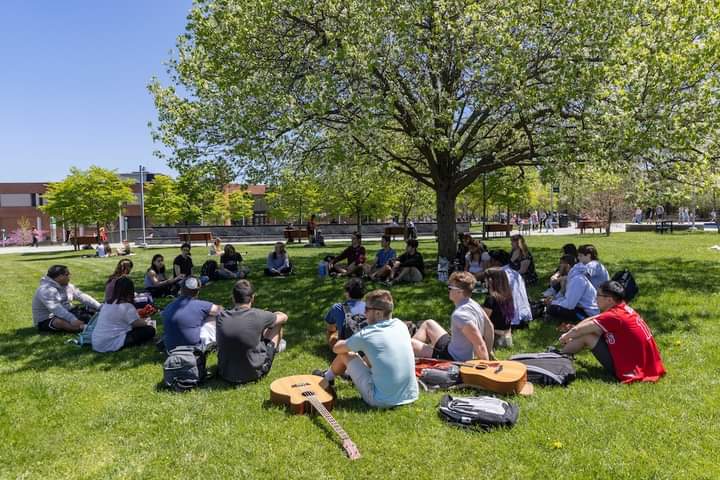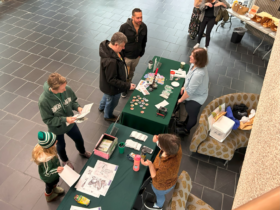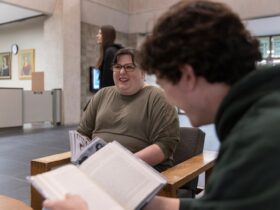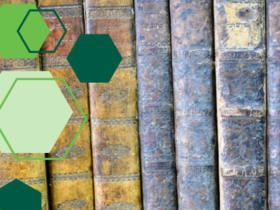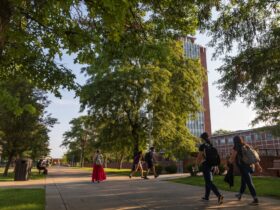Like podcasts, oral histories communicate personal experiences via audio recording. The recordings differ in that oral histories are conducted to intentionally create a permanent, first-person accounting of historical events while podcasts are produced in a series and are not necessarily attempting to preserve expert testimony. Preserving oral histories is one way that the Binghamton University Libraries support inclusion, diversity, equity and access across disciplines.
From 2014–17, oral history specialist Aynur de Rouen was called to work with oral histories when the Vera Beaudin Saeedpour Kurdish Library and Museum Collection was gifted to the Libraries. That collection inspired deRouen to lead a new project to record the histories of a select group of individuals that has come to be known as the Sustainable Communities Oral History Collection. With the help of student workers, deRouen collected nearly 80 oral histories from New York residents with Armenian, Ukrainian, Kurdish and Middle Eastern backgrounds.
By normalizing the use of oral histories and their citation in academic research, more voices of historically marginalized groups are heard. As scholarly resources are diversified, pathways to new areas of study emerge. The Libraries support various listening collections as well as spaces to aid in the creation of varied types of audio recordings. Find out more by enjoying selections from the Oral Histories Collections online or by visiting the Bartle Library recording studio.
